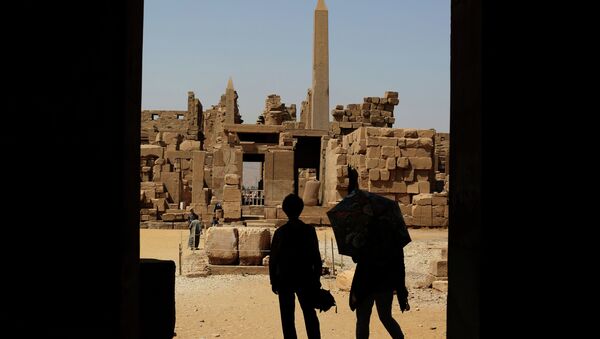"The Egyptian armed forces were able to stop the attackers even before they were able to enter the temple… That means that security around the tourist area was and is extremely high. Despite all that, we have increased security even further," Rami said.
According to the minister, the safety of tourists is a top priority for the Egyptian authorities.
"We had already introduced all the measures that Tunisia took after the tragedy," Rami added.
On June 26, a gunman, later identified as a 23-year-old local resident, walked down a beach in the northeastern Tunisian resort town of Sousse, killing 38 foreign tourists with an automatic rifle, of whom 30 were British citizens.
Following the attack, the country’s government unveiled plans to arm tourist police, as well as send extra police units to hotels and coastal areas in Tunisia.
Egypt is aiming to welcome at least 11 million tourists this year, and is likely to achieve this target, Khaled Rami said.
"I hope for a 10-percent increase by the end of the year, which would give us 11 million holiday makers, last year we had 9.9 million. It was predicted to grow and it went according to our plan," Rami said.
"There was a slight decline in the tourist flow to Egypt. We felt some decrease in June, but looking at the numbers, during the first six months we still were able to achieve an 8-percent increase compared to last year," Rami said.
Tourism accounts for 11.3 percent of Egypt's economy and 19.3 percent of its foreign currency revenues. Rami told Sputnik in May that the country was hoping to receive 20 million tourists annually by 2020.


